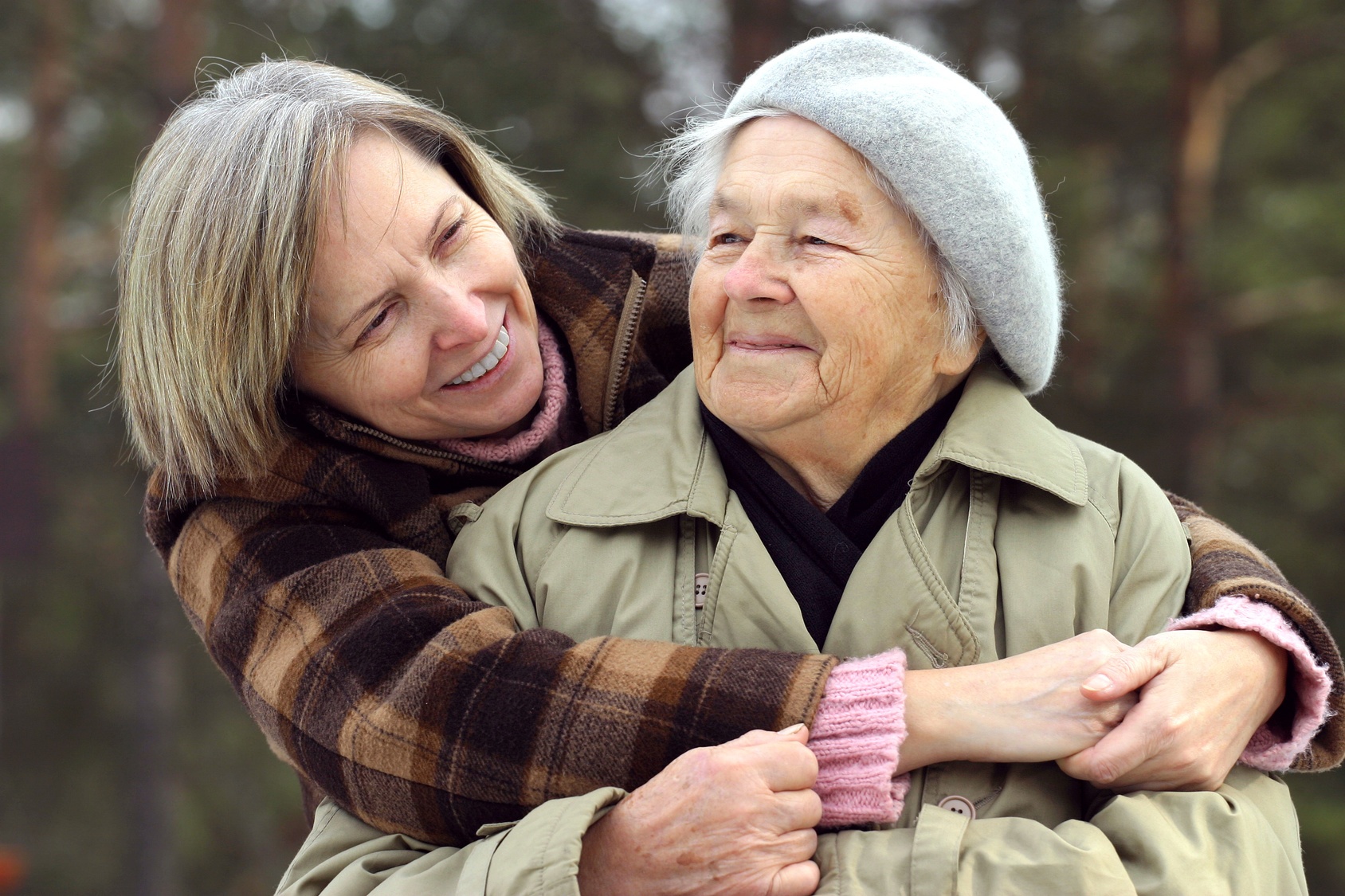
Aging is inevitable. No one ever said it was easy.
As our senior loved ones' bodies and minds naturally change, it can be tough for them to accept that they need extra help from us, that they can't be as independent and in control as they used to be, that a partner or friend is gone, or that their own physical end is — if not close — at least on the horizon.
Sounds depressing, doesn't it? Now, imagine you're the senior in whose head these thoughts swirl.
Anxiety is a cruel trickster. It can rob an elder of his or her positive outlook on aging. Sometimes, our older loved ones need our help not only with the tasks of daily living, but also with maintaining the will to live itself.
That's a rather grim tone, which we normally don't dip much into on this blog. Don't misunderstand us; we like to keep things upbeat. But depression among the elderly is unfortunately common, probably underreported and undertreated, and can have very serious consequences for seniors and their families.
So, it's critically important that we — as family caregivers and professional givers — understand how we can help our elderly loved ones keep a positive attitude about aging.
1. Help your senior loved one to laugh.
It's hard to feel anxious or depressed if you're cracking up laughing. Guess what — older adults' senses of humor aren't at all affected by age. If you can get your parent or grandparent laughing, you're automatically elevating his or her mood and changing the outlook.
They've probably told you funny stories in the past. Play a little dumb; ask them to remind you again about, say, that thing that Great-Grandpa did at Thanksgiving that one year after you were married, and help them relive the most joyous moments of their lives. Whatever tickles your older relative's funny bone, make it happen, often.
2. Help your older loved one to accept and shrug off embarrassing events.
When we age, embarrassing things can and do happen more often. We might lose our keys repeatedly, stumble over words or people's names, or experience incontinence.
You should never point out something like this:
Uh oh, Dad "forgot" his wallet again! Guess I have to pay for dinner!
Ha! Grandma can't remember your name again, Cousin Pete!
Most people with any grace or tact would, of course, never say such things.
But they might feel embarrassed themselves and, not knowing how to ease the tension, look at their shoes in uncomfortable silence. That's arguably worse, because an elder might feel shamed or judged.
Here's a different approach:
Hey, Dad, no worries. I'll cash us out with the waitress and you can pay me back whenever if you want. I appreciate that you were willing to pick up dinner tonight.
Don't fret over it, Grams, Ol' What's-His-Face answers to anything. What IS your real name, anyway?
Either help your loved one to laugh things off, or take a carefree, easygoing, so-what approach.
3. Be there for them.
Visit often. Call more. Tell them that you love them. Be an arm for them to lean on and a shoulder for them to cry on.
Smile. Give hugs. Hold hands. Bring over their favorite ice cream. Start watching a TV show together and make it a regular night.
Bring the grandkids over for playdates. Have your parents over to your house for dinner. Never miss a birthday or an anniversary.
Whatever you do, just being available to seniors will show them that they aren't alone. They have support. They have you, and knowing that, can have a dramatically positive effect on their attitudes about aging.
Have questions about positive aging?
We have answers for you. Click here to download our free guide to positive aging.
And, hopefully, we'll see you at TriHealth Refresh Your Soul, presented by the Alzheimer's Association of Greater Cincinnati, on March 12!












